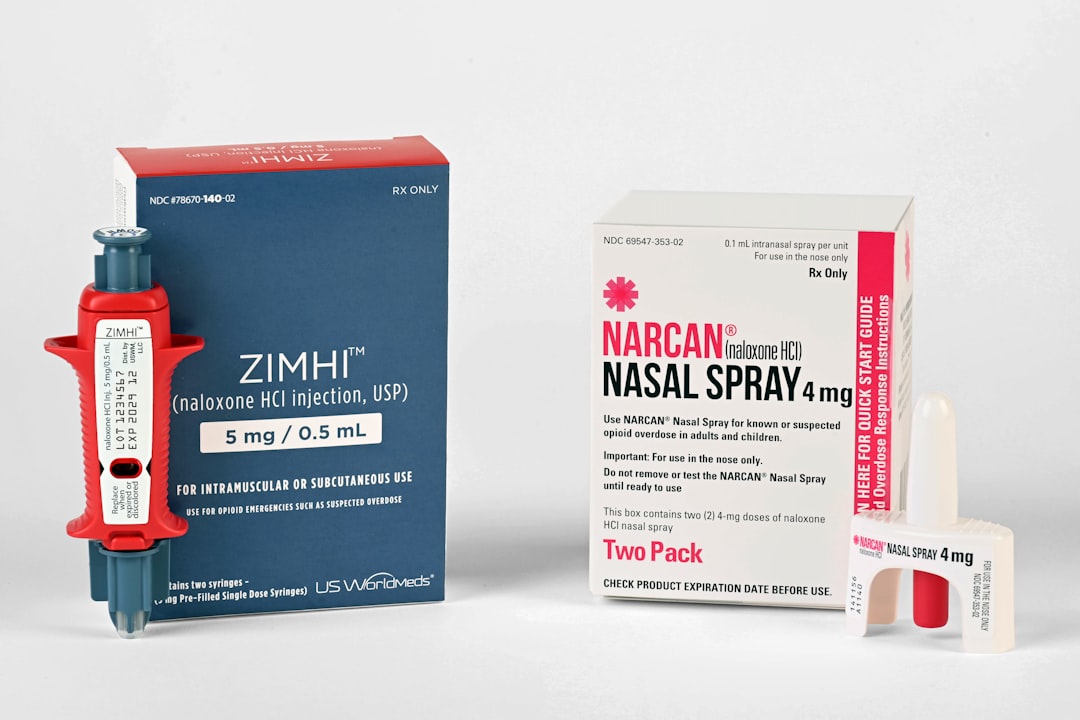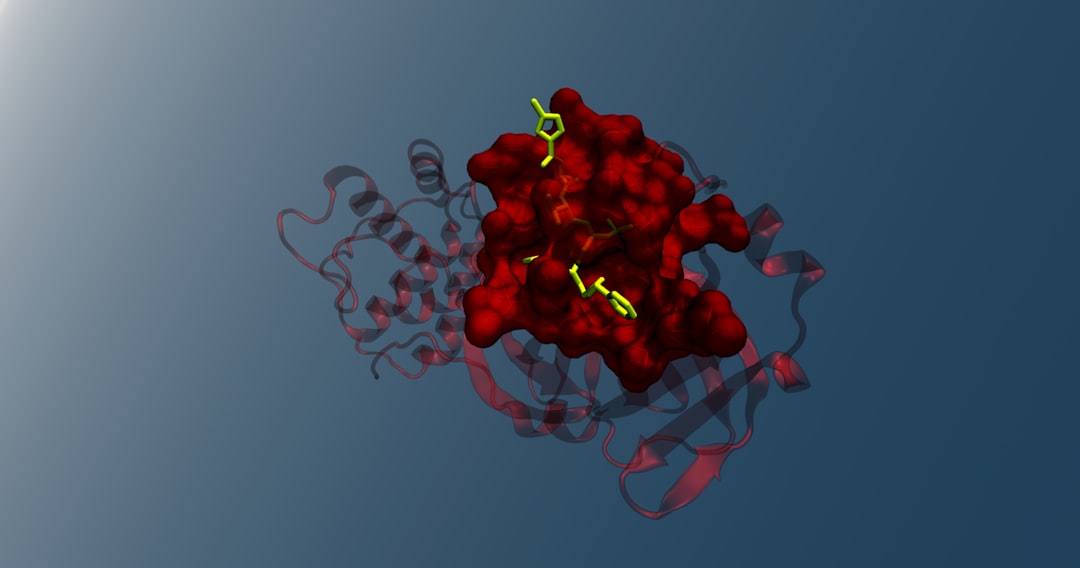What is it about?
HER2 targeted antibody treatment, such as trastuzumab (Herceptin), has significantly increased the clinical responses of HER2+ breast cancer. Despite of its initial response, up to 50% of the HER2+ breast cancer patients develop resistance to the treatment, followed by disease progression, relapse, and metastasis. We have identified IFI16-dependent STING immune signaling pathway as an important immune cascade contributing to anti-HER2 antibody resistance. It also serves as a biomarker signature to identify HER2+ patients with the potential of developing resistance to the anti-HER2 antibody targeted treatment. To this end, we have provided an actionable epigenetic approach to restore IFI16-STING pathway and to reactivate the immunotherapeutic efficacy of trastuzumab. Significantly, the combinatory treatment promotes the IFI16-mediated CXCL10/11 signaling for complete tumor eradication, and long-term CD8+ T cell memory in HER2+ breast cancer.
Featured Image

Photo by Angiola Harry on Unsplash
Why is it important?
Our biomarkers identified HER2+ breast cancer patients with potential of developing resistance or showing low responsiveness towards anti-HER2 antibody treatment. Targeting one of the biomarkers, IFI16, we have provided an actionable epigenetic approach for achieving complete and durable tumor remissions, and long-term immune memory in HER2+ breast cancer. This treatment could increase the clinical outcomes and long term efficacy of anti-HER2 antibody treatment.
Perspectives
I hope this article adds further immunology insights to the clinical perspectives of cancer therapeutic resistance. Having a targetable molecule, the epigenetic approach that we suggested could improve the unmet clinical challenges of conventional anti-HER2 antibody treatment. Applying such epigenetic approach to HER2+ breast cancer patients whom identified of having such immunodeficient could ultimately lower their risk in disease progression and reduce their economic burden.
Li Teng Ong
Genome Institute of Singapore
Read the Original
This page is a summary of: IFI16-dependent STING signaling is a crucial regulator of anti-HER2 immune response in HER2+ breast cancer, Proceedings of the National Academy of Sciences, July 2022, Proceedings of the National Academy of Sciences,
DOI: 10.1073/pnas.2201376119.
You can read the full text:
Contributors
The following have contributed to this page










